This is a live webinar scheduled for September 29, 2022 at 12 pm CT.
Two and a half years into the COVID-19 pandemic, there is emerging evidence that in some patients, its symptoms may linger for months or even years after the initial infection. While prevalence estimates vary widely, such ‘long COVID’ symptoms likely persist in more than 10% of all COVID-19 cases. This webinar will summarize the current scientific debate about long COVID– is it an autoimmune disease, a consequence of comorbidities, or something else? We will draw on a recent study of 100,000+ COVID-19 cases to understand who is susceptible to long COVID, how long the symptoms can last, and whether vaccination can improve long COVID outcomes.
This webinar is presented by Stella Aslibekyan, PhD, Senior Scientist, Genetic Epidemiology, 23andMe; Adjunct Professor, Epidemiology, University of Alabama at Birmingham & University of Kentucky. This webinar is co-sponsored by Alabama Regional Center for Infection Prevention and Control Training and Technical Assistance, the Region IV Public Health Training Center, and the Deep South Center for OH&S .
To register and attend, please click here.

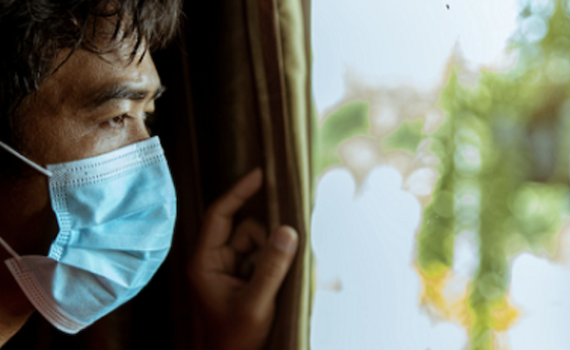


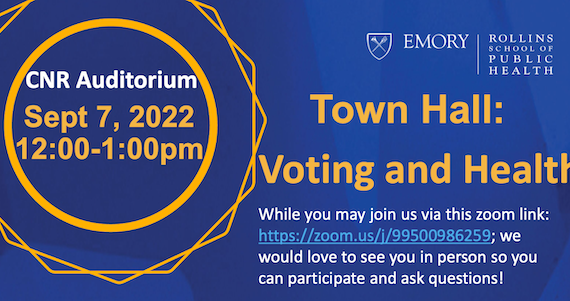
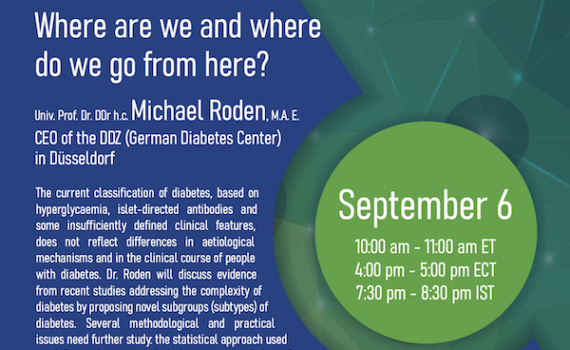

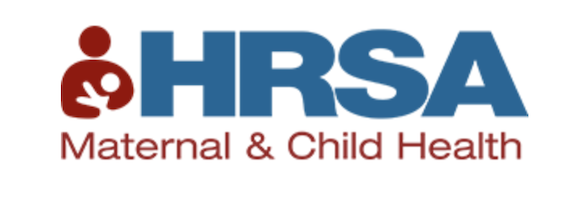
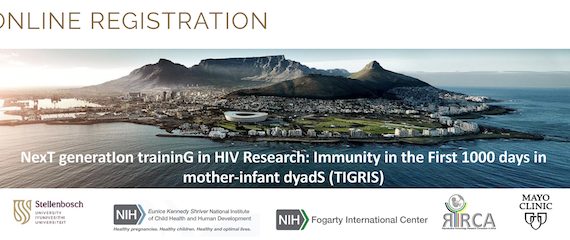

Recent Comments